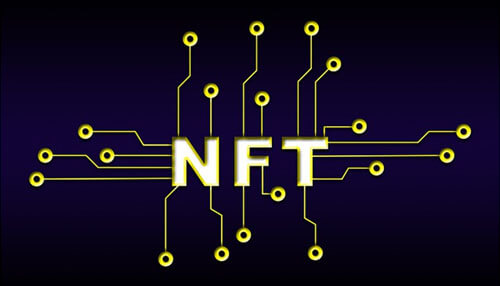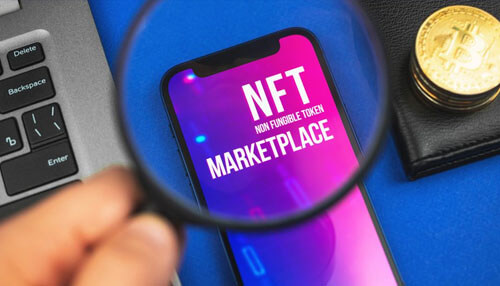Unlike traditional tokens, Non-Fungible Tokens (NFTs) can represent different assets of any type, meaning they can be used to develop a more transparent and secure way to transfer digital or physical assets between them by leveraging the blockchain’s immutable ledger technology. Before buying NFTs, understand the risks involved, including being highly speculative and built on existing blockchains. Understand how blockchain functions to learn how this investment works and consider engaging with reputable platforms because some of them aren’t legitimate. This article outlines five factors to consider when buying NFTs.
1. Rarity
The rarer an NFT is, the more collectors seek it, pushing its price high. Usually, a rare NFT has rare traits. Determining an NFTs rarity helps you know whether the NFT you plan on buying is rare. An NFT rarity distribution can be ordinary, rare, or super rare. Using these rarity tools you can gain crucial insights into potential NFTs’ intrinsic value
Summing up all these scores results in an overall rarity score, making it easier for you to navigate and quickly ascertain scores for listed NFTs. An ideal rarity tool should have price filtering, rarity ranking, token address, blockchain, and collection coverage.
2. NFT marketplaces
NFT marketplaces differ in their commissions and fees. It’s essential to research before picking the first marketplace you come across. When choosing a suitable marketplace, consider digital wallet compatibility and security measures protecting you from fraudulent activities. A secure marketplace should include advanced encryption and two-factor authentication. The ideal NFT marketplace should have intuitive navigation and shrink the price, offer lazy minting, or utilize zero gas fees. Look at the marketplace rating and consider the type of marketplace that best matches your needs.
3. NFT liquidity
An NFT’s liquidity refers to the ease with which you can buy or sell the NFT within that network for cash. Before buying NFTs, it’s essential to note that their liquidity is different from that of crypto coins. Since liquidating NFTs into traditional currency isn’t as easy as liquidating cryptocurrency, this can be a challenge if you’re investing for profits. Consider fractionalizing your NFT to increase its liquidity rate.
4. The performance of the seller’s NFTs
To determine whether your potential NFT is an excellent investment, it’s essential to look at the seller’s account, where you can see their past sales to determine the prices the pieces are going for. Look at the table to see how much similar NFTs sold a few months or days earlier. The value range’s bottom end is called the floor price, representing the lowest NFT trading prices. This gives you a clear picture of how the prices are fluctuating and if they correlate with how you’d like to see your ideal NFT in the future.
5. Market strategy
With excellent marketing and advertising, an NFT’s value can be increased by optimizing the demand. Consider whether the seller can meet demand and supply if the market surges. Consider looking at the marketing strategy linked to the number of NFTs in a particular collection. This strategy should give you a clear picture of the reasoning behind the potential and current number of NFTs.
Endnote
While buying NFTs can be profitable, understanding how they work helps you make sound decisions. Consider these factors when purchasing NFTs to ensure success.



